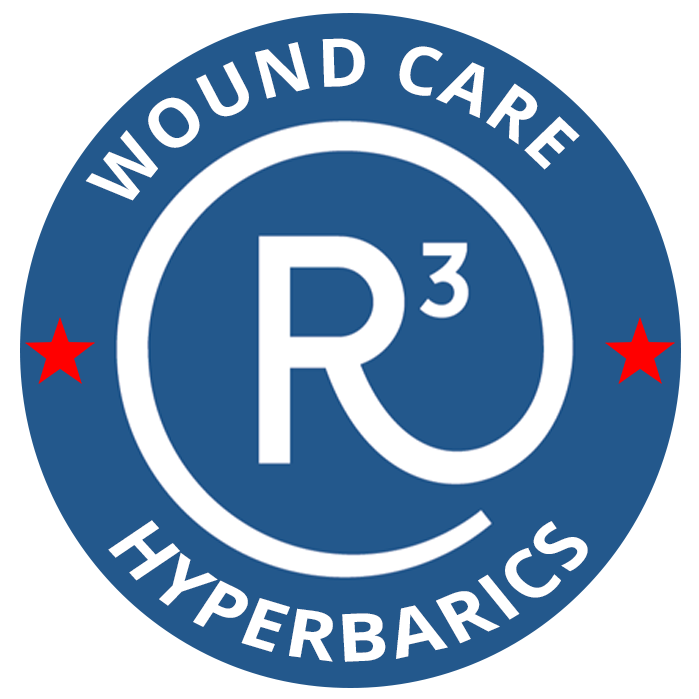Debridement is the removal of devitalized tissue (or also called necrotic, non-viable, or dead tissue), or foreign objects from a wound. A non-healing wound can be overburdened with necrotic or dead tissue, which can be harmful to the body’s ability to develop new tissue. It can also be a source of nutrients for the growth of bacteria. Because this tissue cannot be salvaged, debridement is necessary to promote healing. How does debridement promote wound healing and how is it done?
TYPES OF WOUND DEBRIDEMENT:
Several types of wound debridement are available to remove necrotic tissue:
- Sharp debridement includes using instruments such as a scalpel or curette to remove devitalized tissue from the wound.
- Enzymatic debridement includes using topical medications to facilitate tissue removal.
- Mechanical debridement includes thorough cleansing via irrigation, wet to dry dressings or a pulsatile lavage.
WHAT TYPE OF DOCTORS CAN PERFORM WOUND DEBRIDEMENT?
Any wound that has necrotic tissue may require some form of debridement. A medical provider such as a wound care specialist, family physician, dermatologist, or podiatrist can perform wound debridement in a doctor’s office. Wounds that are large, deep, or especially painful may require a surgeon to perform debridement.
DOES DEBRIDEMENT HURT?
Certain types of debridement can be painful. Wounds can be prepped with topical or injectable anesthetics to reduce or eliminate the pain.
WHAT HAPPENS DURING DEBRIDEMENT?
Wounds sometimes require a serial approach to debridement, meaning dead tissue will be removed week after week and as needed. How often a wound undergoes debridement is dependent upon the amount of devitalized tissue in the wound, size of the wound, and cause of the wound. In general, wounds can undergo debridement once a week.
DOES YOUR WOUND NEED DEBRIDEMENT TO PROMOTE HEALING?
If you are unsure if your wound has necrotic tissue that needs to be debrided, contact a wound care specialist to schedule an appointment for an evaluation. They can determine the best treatment for your particular wound and get you on the road to healing.
To contact us for more information or to make an appointment, find a location nearest to you. We are located in the Dallas, Fort Worth, San Antonio, and Houston areas of Texas.
